Trian is a highly engaged shareowner, bringing a private equity mindset to the public markets
About
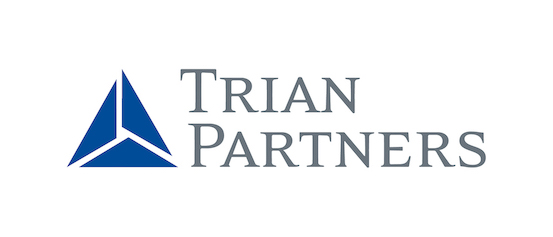
Founded in 2005, Trian Fund Management, L.P. (“Trian”) is a multi-billion dollar investment management firm. Trian is a highly engaged shareowner that combines concentrated public equity ownership with operational expertise. Leveraging the 50+ years’ operating experience of our Founding Partners, Nelson Peltz and Peter May, Trian seeks to invest in high quality but undervalued and underperforming public companies and to work collaboratively with management teams and boards to help companies execute operational and strategic initiatives designed to drive long-term sustainable earnings growth for the benefit of all shareholders.
Recent Feedback from Current and/or Prior Portfolio Companies
“From day one, Nelson has been a focused, collaborative member of P&G’s Board. Working in concert, Nelson and the Board have constructively provided perspective and expertise to help me and P&G’s senior leaders navigate a challenging external environment and maintain long-term competitive advantage for the benefit of many stakeholders. I’m grateful for his service and the collaborative partnership we’ve developed over the past few years…”1
– David S. Taylor (David Taylor served as Chairman of the Board, President and Chief Executive Officer of The Procter & Gamble Company from July 2015 to October 2021)
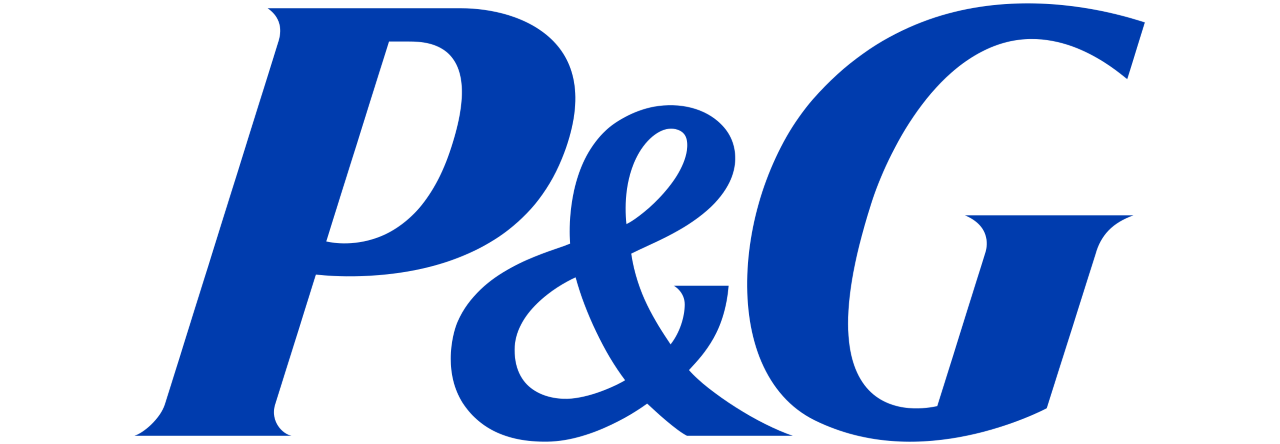
“Nelson and Josh have been great partners and important contributors… We have valued their guidance and feedback on our business transformation strategy.”2
– Kevin Hourican (President and CEO of Sysco)
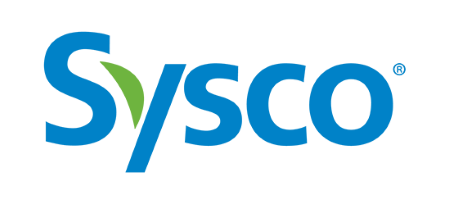
“On behalf of the Board, … we are delighted to welcome Josh as an independent director on the Board. Josh is an extremely well-regarded leader in corporate strategy development and corporate governance, and his breadth and depth of experience will be invaluable in helping guide and position Janus Henderson for future success.”3
– John Cassaday (Chair of the Janus Henderson Board of Directors)
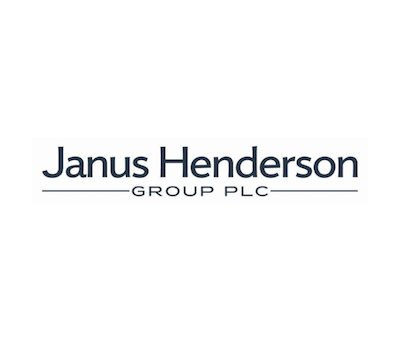
“We are pleased to be welcoming Nelson to the Unilever Board. We have held extensive and constructive discussions with him and the Trian team and believe that Nelson’s experience in the global consumer goods industry will be of value to Unilever as we continue to drive the performance of our business. We look forward to working closely together to create long term sustainable value for our shareholders and wider stakeholders.”4
– Nils Andersen (Chairman of Unilever)
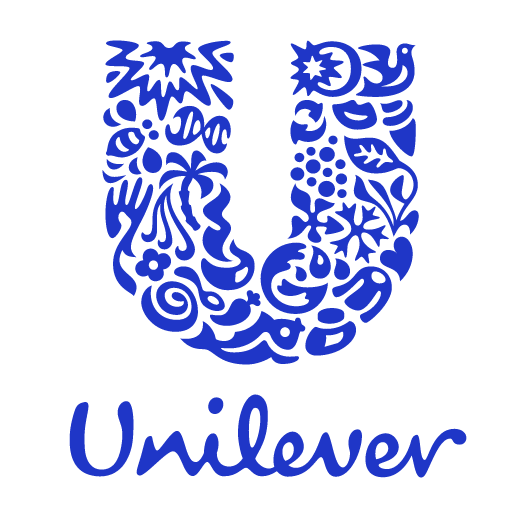
1 P&G Press Release dated August 5, 2021. David Taylor served as Chairman of the Board, President and Chief Executive Officer of The Procter & Gamble Company from July 2015 to October 2021
2 Sysco/Trian Press Release dated August 20, 2021
3 Janus Henderson Press Release dated June 2, 2023
4 Unilever Press Release dated May 31, 2022
The individuals referenced above (i) are not current clients or investors of Trian, (ii) have not received cash or noncash compensation in connection with the statements made herein, and (iii) have current or former business relationships with Trian that could create an incentive for them to speak favorably about us. Specifically, such individuals may speak positively about their companies’ investors or such investors’ board representatives to develop and maintain such relationships rather than for any other reason.